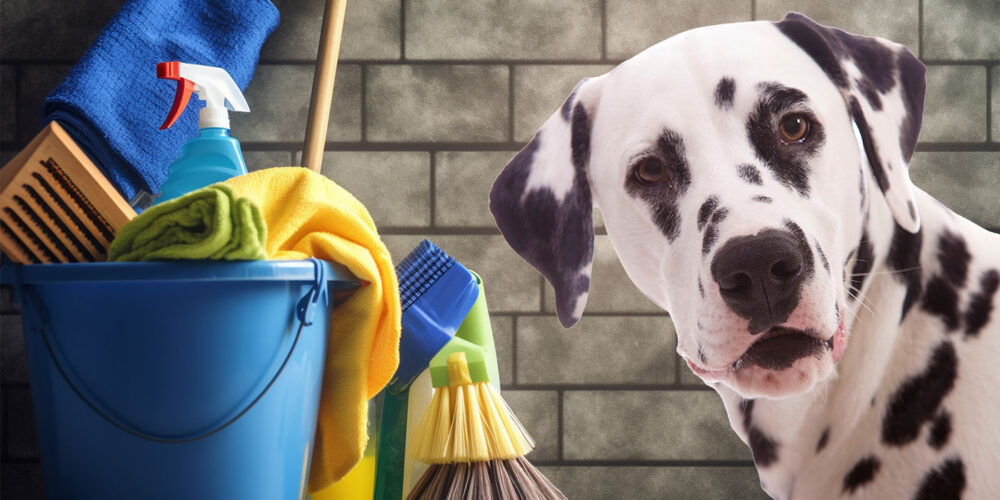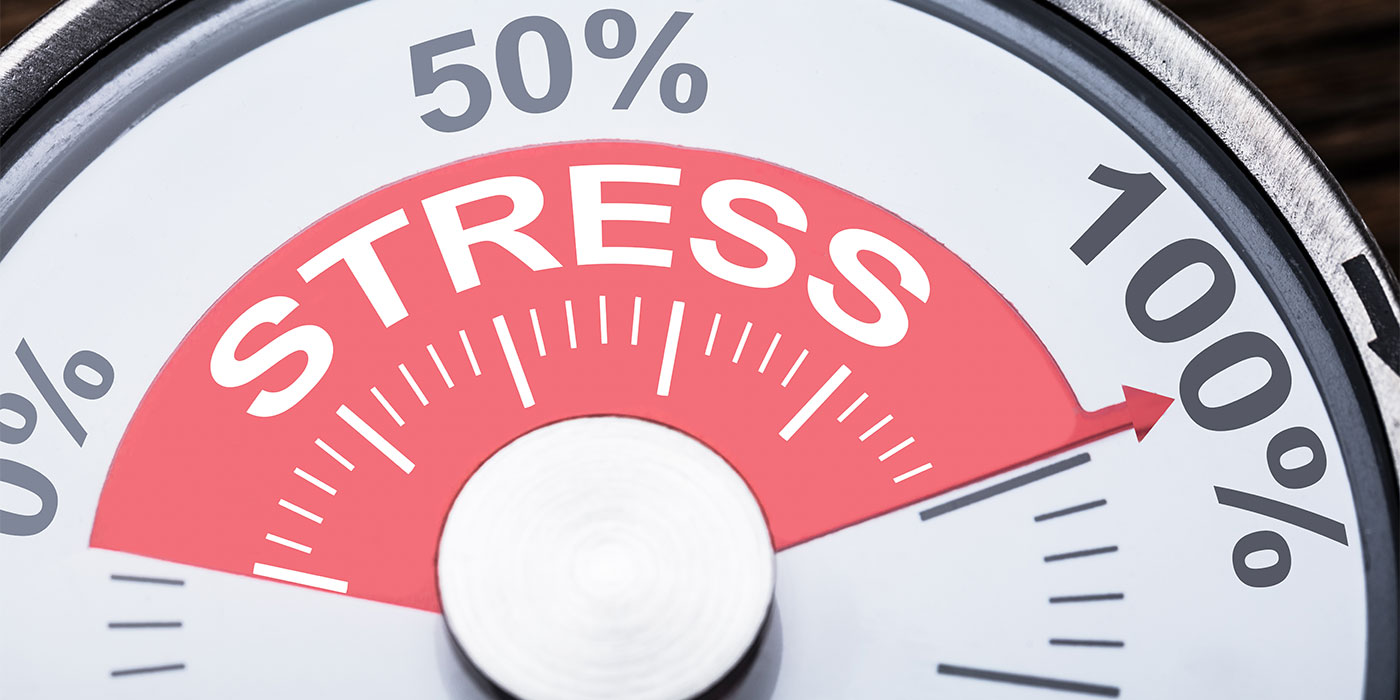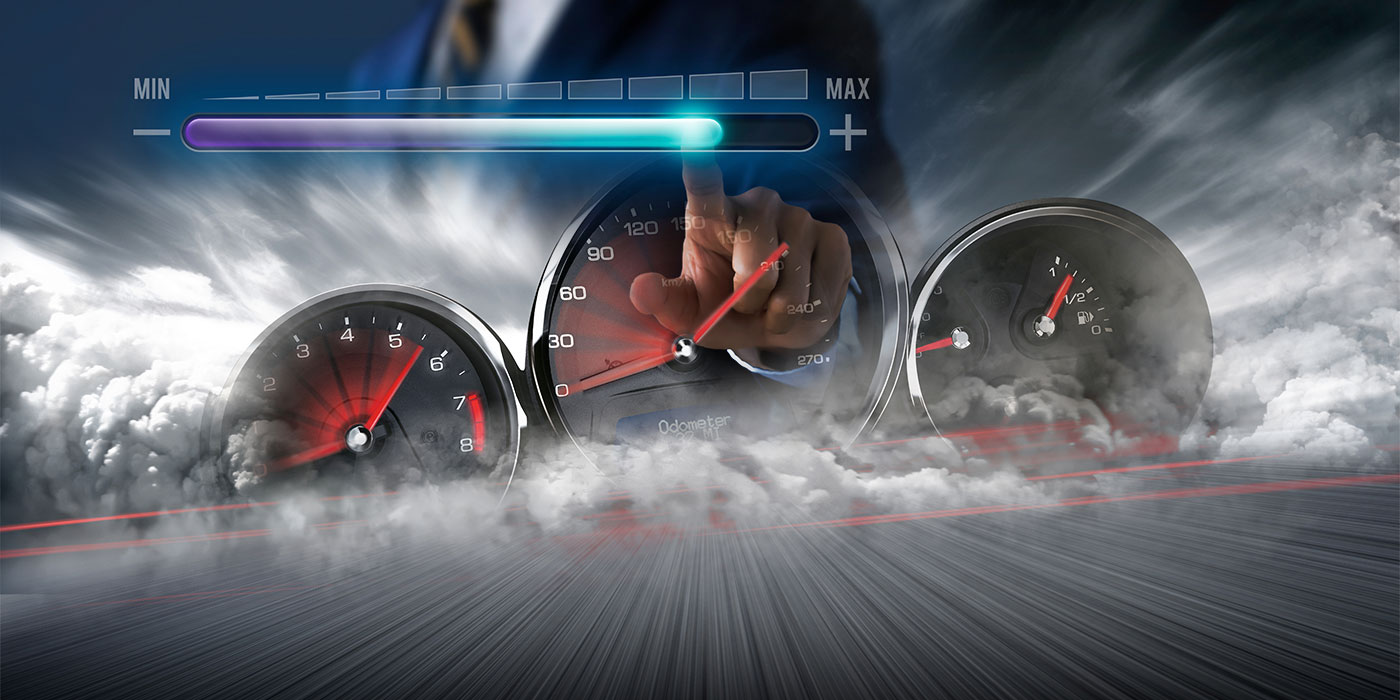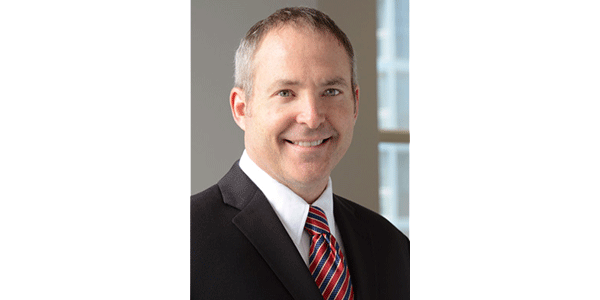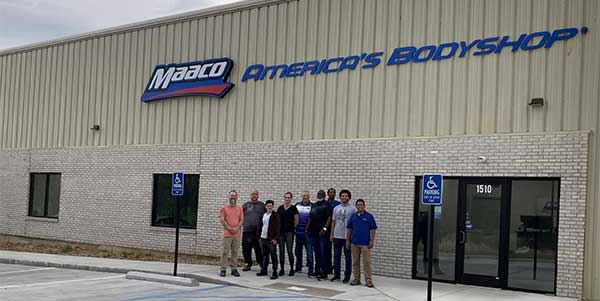By now, everyone has heard the major news of the pending merger between Crash Champions and Service King. Anytime an industry experiences a major announcement like this, it brings about many questions and concerns on how it will affect the future. Subsequently, Crash Champions confirmed its merger with Service King through an investment by Clearlake Capital Group. In a memo addressing employees, Matt Ebert, founder and CEO of Crash Champions, wrote that the deal is scheduled to close at the beginning of August, with Clearlake Capital Group as the investor. Clearlake, the majority owner of Service King, along with Crash Champions leadership will lead the combined company after closing.
Evolution and Impact
First, let’s take a look at the evolution of these two companies and what led to this merger. Then, we’ll get into how it may impact the marketplace.
Service King was founded in 1976, grew many locations in the Texas market and expanded outside that market in 2012. It continued growing rapidly over the next several years, expanding to 330 locations and becoming one of the top three multi-shop owners (MSOs), following Caliber (1,523 locations) and Gerber (700-plus) in shop count.
Due to challenges with its credit rating and financial position, Service King looked to get an agreement on an out-of-court resolution of its debt burden ahead of its July bond maturity. With about $375 million of unsecured notes mature in October, it became imperative that the company find a solution. Warnings of a cash crunch arose in the third quarter of 2021 after the company depleted its lines of credit and needed a $15 million loan from its sponsors for operating costs, Bloomberg reported. At that time, Service King warned lenders that it might not be able to repay its debt, raising the possibility of a Chapter 11 bankruptcy filing. Service King then secured $200 million in new capital and cut its debt by more than $500 million in an agreement that made Clearlake Capital Group the majority owner.
Crash Champions began in 1999 and slowly grew until it entered into an agreement with private equity group A&M Capital Opportunities, a middle-market private equity fund that is part of Alvarez & Marsal Capital. In 2020, it began expanding outside of the Chicagoland market and really took off, growing to 220 locations at the time of the Service King merger. At this time, there are 330 Service King locations in 24 states and the District of Columbia and, once combined, this will grow Crash Champions to 550 locations in 35 states and Washington, D.C. The terms of the deal have not been released.
Impact on the Marketplace
So how does this impact the industry? With the merger, Service King and Crash Champions now join the “Big 3,” leaving a bigger gap between those operators and the middle market MSOs. After the Caliber/ABRA deal in 2018, Caliber’s rate of growth slowed dramatically for the following 12 to 18 months as it focused on integrating the large ABRA business. This was a huge undertaking, so it was only reasonable that Caliber put resources toward it and focus on it. The questions arises: Will Crash Champions slow down as well due to Service King’s large location count? How deep will it delve into converting to Crash’s processes and branding? If it focuses on integrating, how does that impact the marketplace? Does it open up opportunities for others, or does it soften the market with one of the most active buyers over the past 24 months taking a seat on the bench? Any of these things can happen, and only time will tell. The fact remains that this deal will likely have very little impact on the industry unless something goes wrong.
The merger is a great indicator that financial interest in collision remains strong. Even with supply chain issues, production delays, margin suppression and capital shortages, private equity investors are consistent in their interest in the industry — music to the ears of collision facility owners who are contemplating selling their businesses. The new private equity entries and the vast options of acquisition partners has created an environment where shop owners are eager to take advantage of the seller’s market.
For shop owners considering selling their businesses, it is an opportune time. The atmosphere of competition and available buyers has never been higher. The flurry of middle-market entries has caused a substantial uptick in the market, which has created a seller’s market. With the vast array of new entries, there are also different dynamic business models and multiple options available to sellers. They do not have to limit themselves when deciding who to do business with.
The industry is seeing MSOs adopt alternative business models — from MSOs who are original equipment manufacturer (OEM)-centric, ones who exclusively focus on high-end repairs, regionally specific vs. national growth strategy, specific insurance direct repair program (DRP)-centric, all the way up to new nationals. This creates a more specific marketplace for all shop owners. Having the ability to align with a like-minded partner and getting an equitable price is definitely on the horizon.
With more new private equity players entering the space in the coming months, consolidation appears to be on track to maintain high levels of activity, regardless of Crash Champions taking a breather post-merger with Service King.






